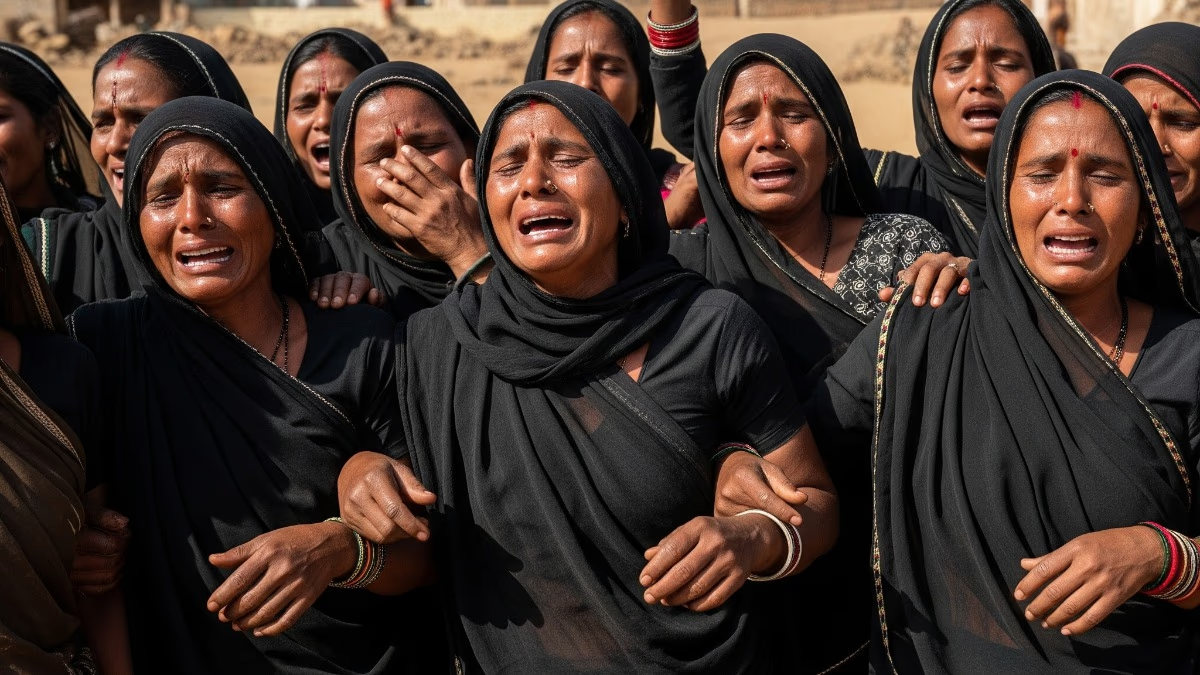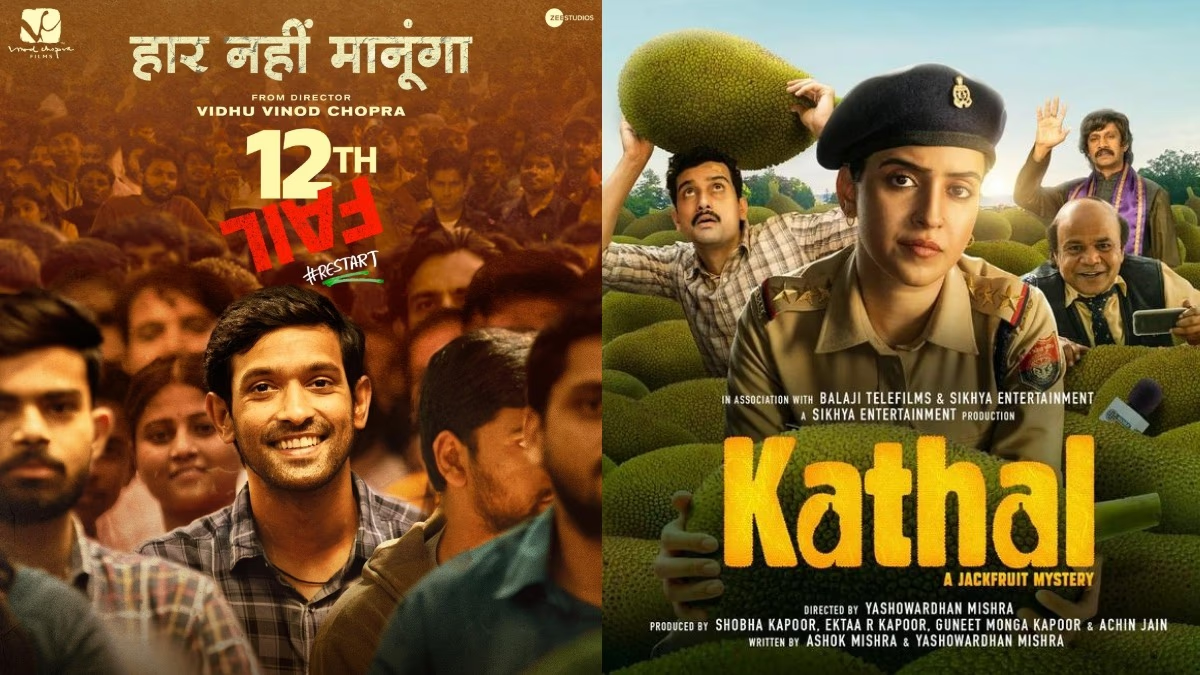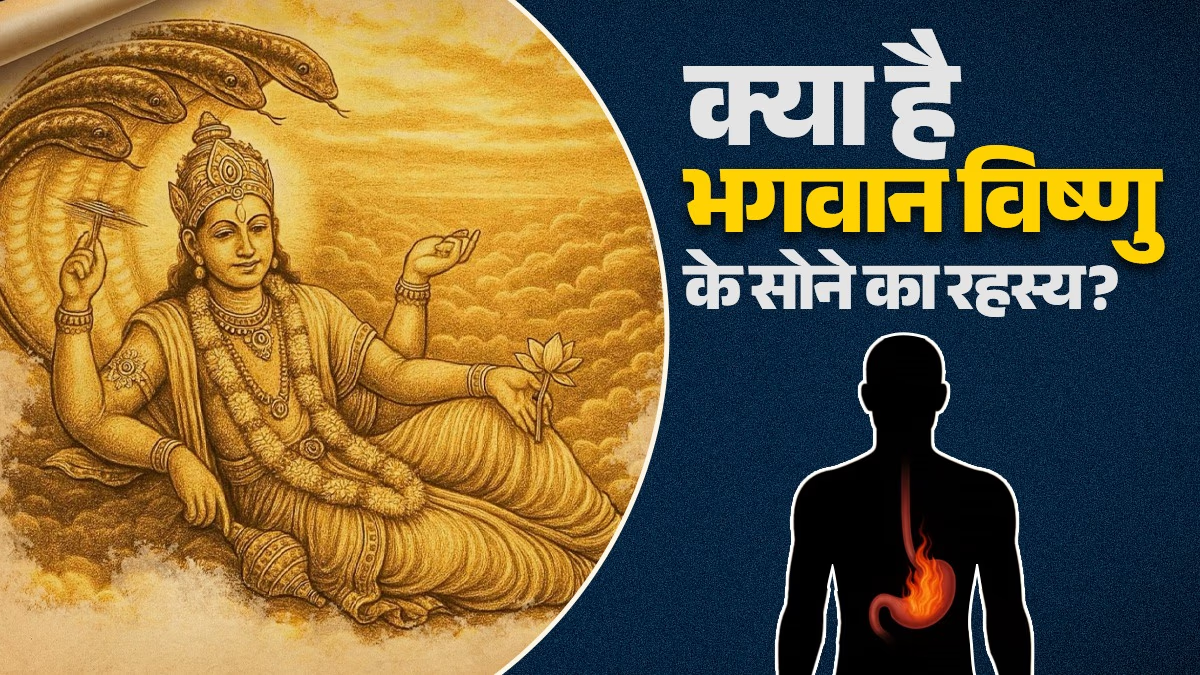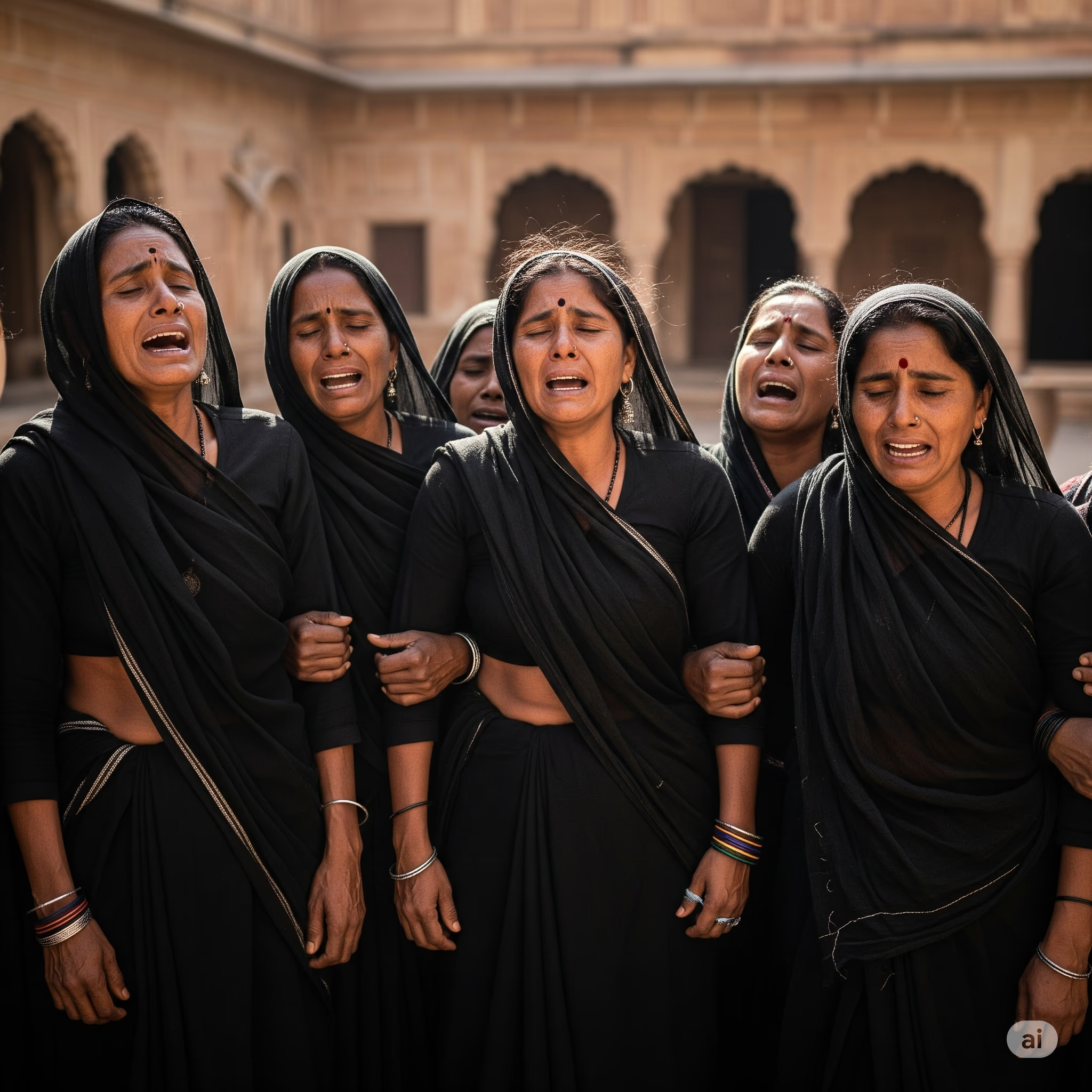
Source: aajtak
Did you know that in several parts of the world, there are unique communities known for their sorrowful tears at funerals?
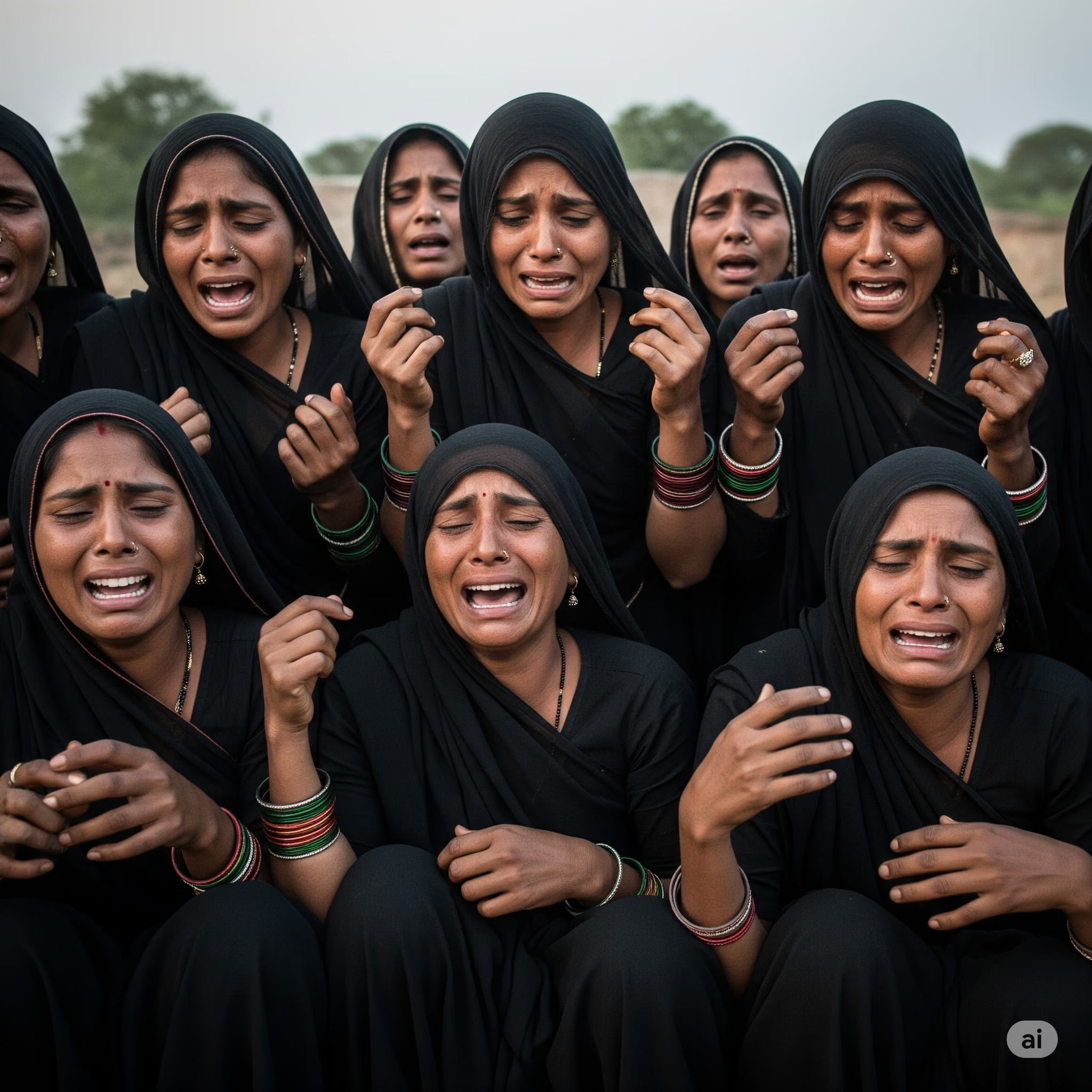
Source: aajtak
Yes, it's true! In many cultures, mourning is considered a profession, and individuals are compensated for it.
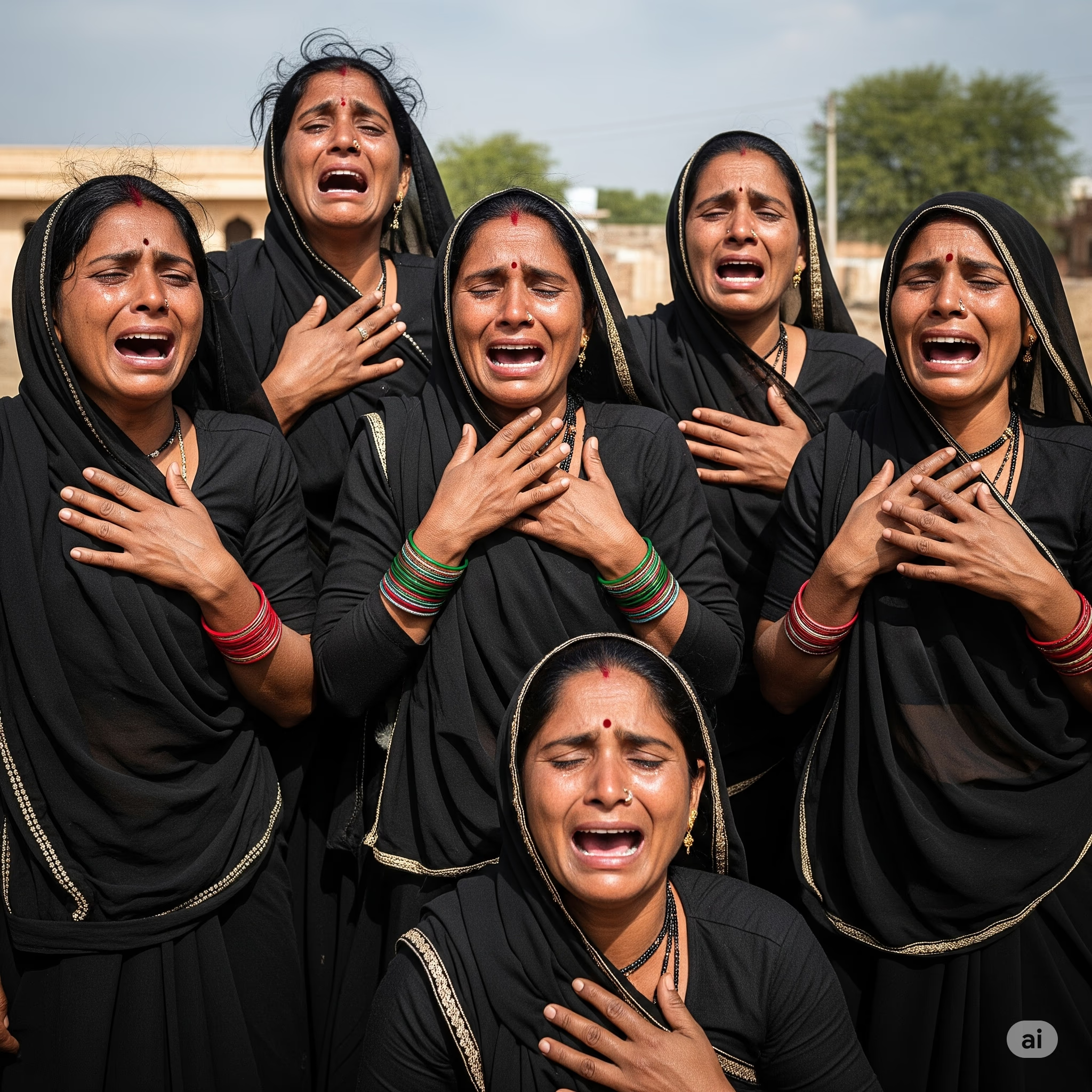
Source: aajtak
In certain cultures, it is believed that the more tears shed at a person's death, the better the farewell their soul receives. Families often pay women or men to demonstrate grief at funerals, where the hired mourners wail and express sorrow vociferously.
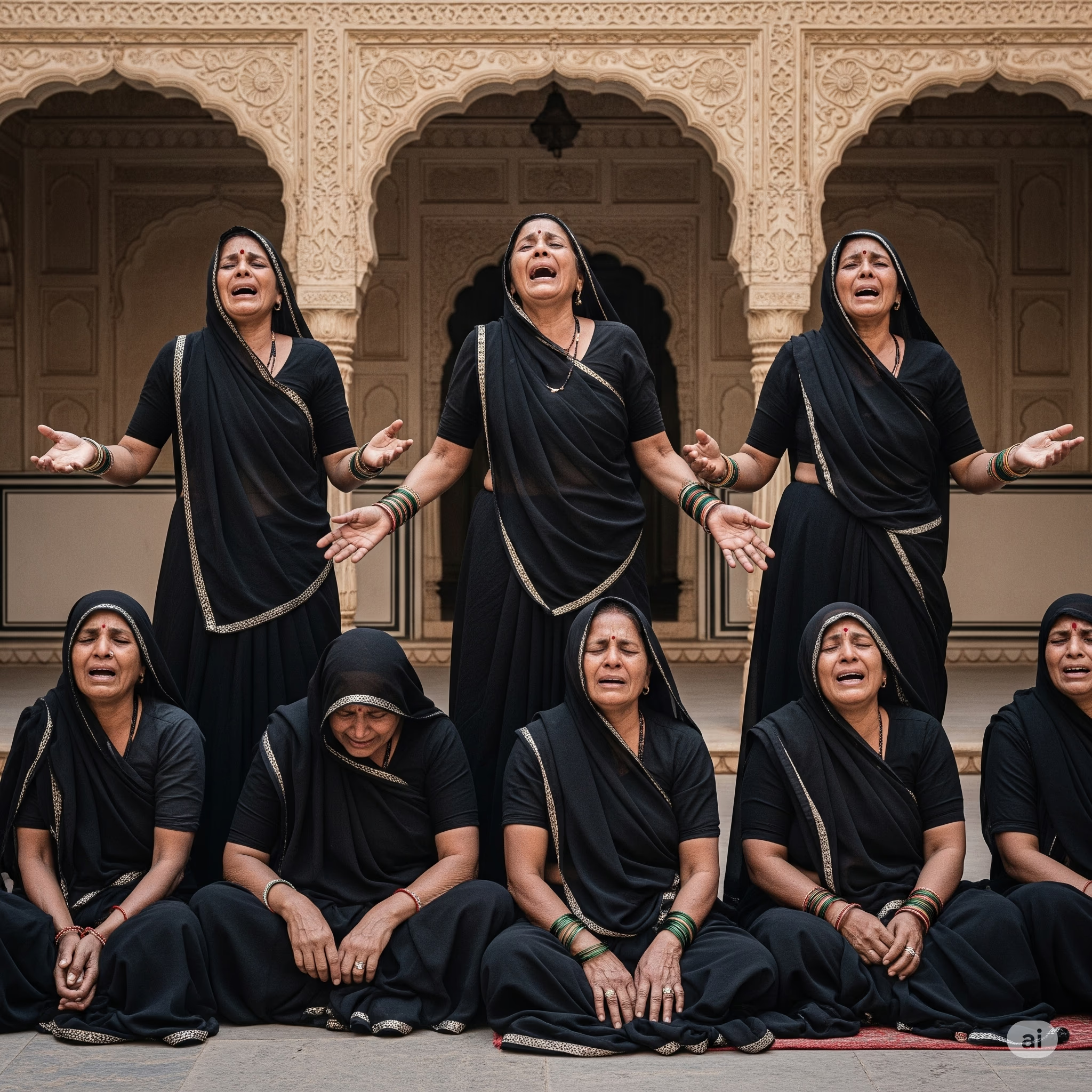
Source: aajtak
In the desert regions of western Rajasthan, like Jaisalmer, Jodhpur, Barmer, and Bikaner, the Rudali tradition persists. These professional mourners are often called for specific events, particularly on the death of elder family members of Rajput and Thakur families.
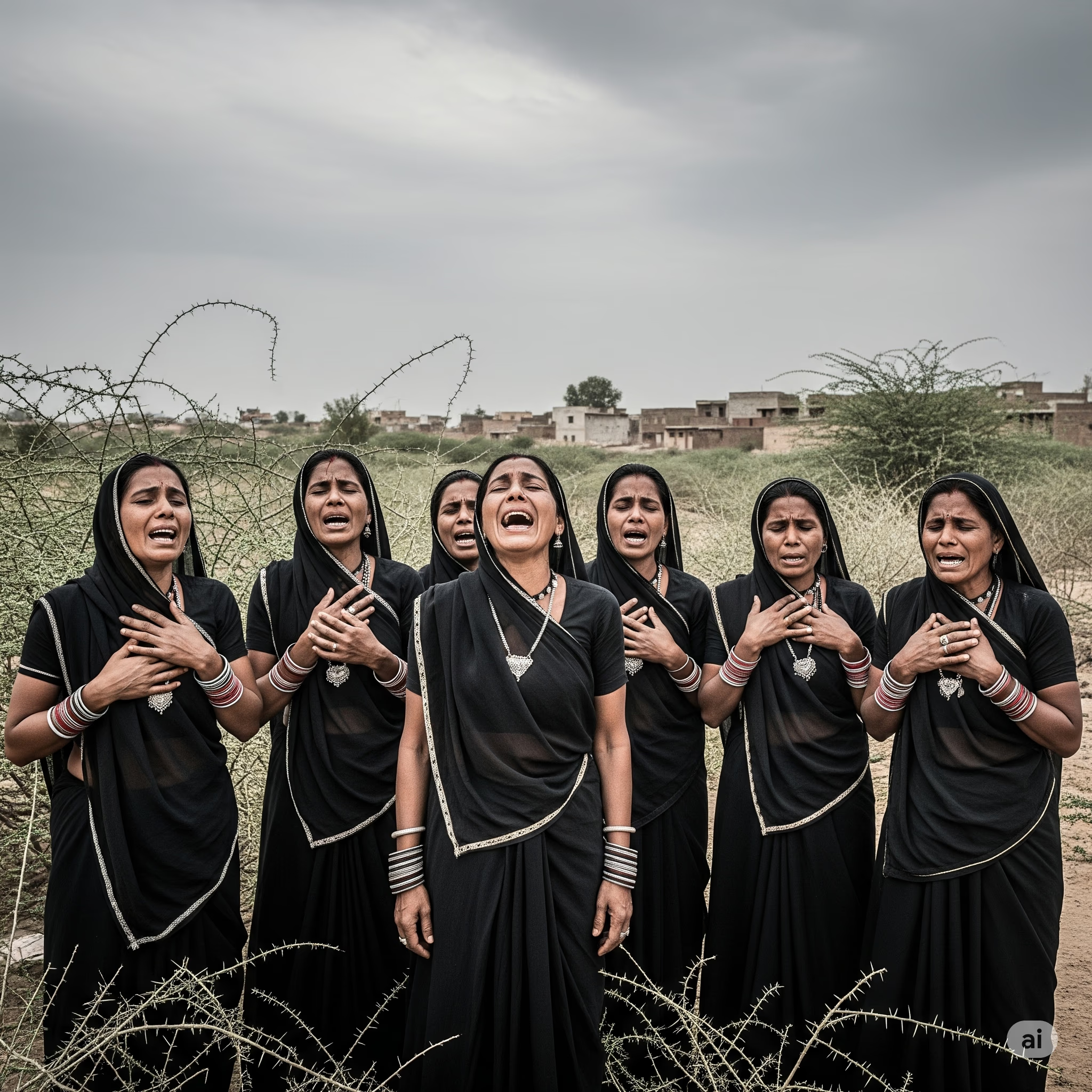
Source: aajtak
Beyond Rajasthan, in the bordering areas of Bihar and parts of eastern Uttar Pradesh, women are invited to mourn at funerals, although they are not referred to as 'Rudali'. These mourners weep, dishevel their hair, and beat their chests in a traditional display, enhancing the atmosphere of mourning.
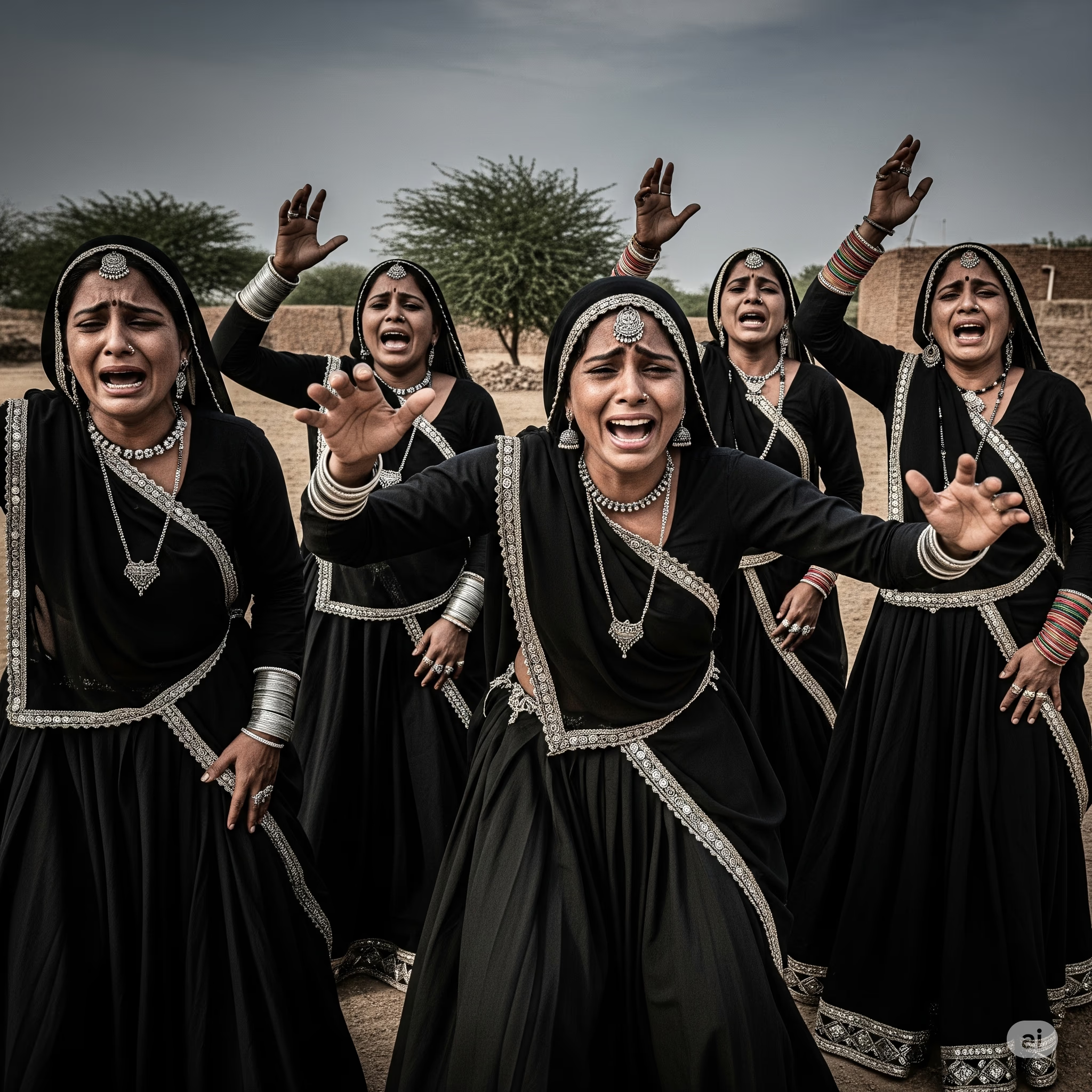
Source: aajtak
Typically, these are women from marginalized, economically challenged backgrounds who are paid to mourn for the deceased from affluent or upper-caste families. This was depicted in the 1993 film 'Rudali', starring Dimple Kapadia and Rakhi.
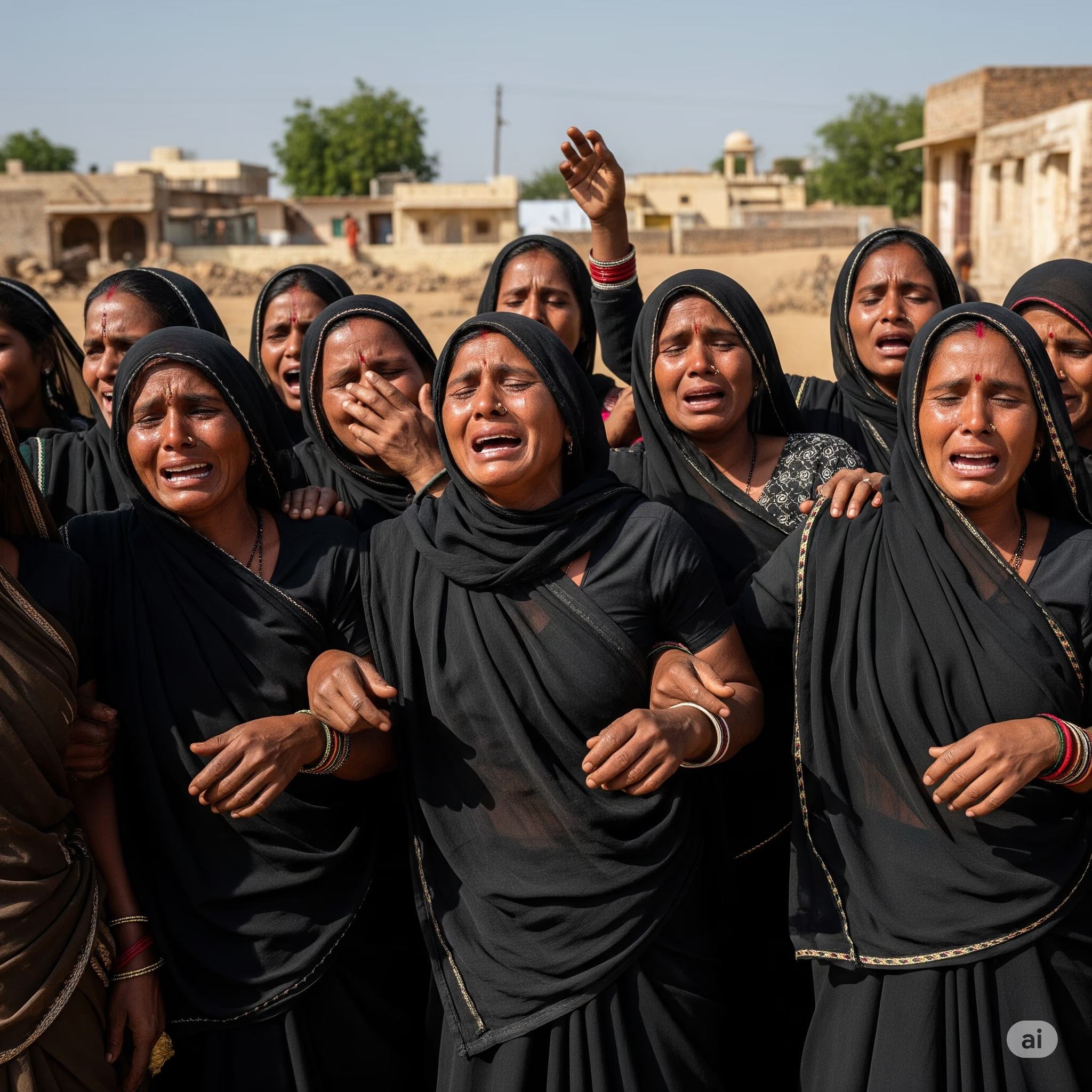
Source: aajtak
The film, based on a story by Mahashweta Devi, highlights how poor women are hired by the wealthy to mourn on their behalf.
